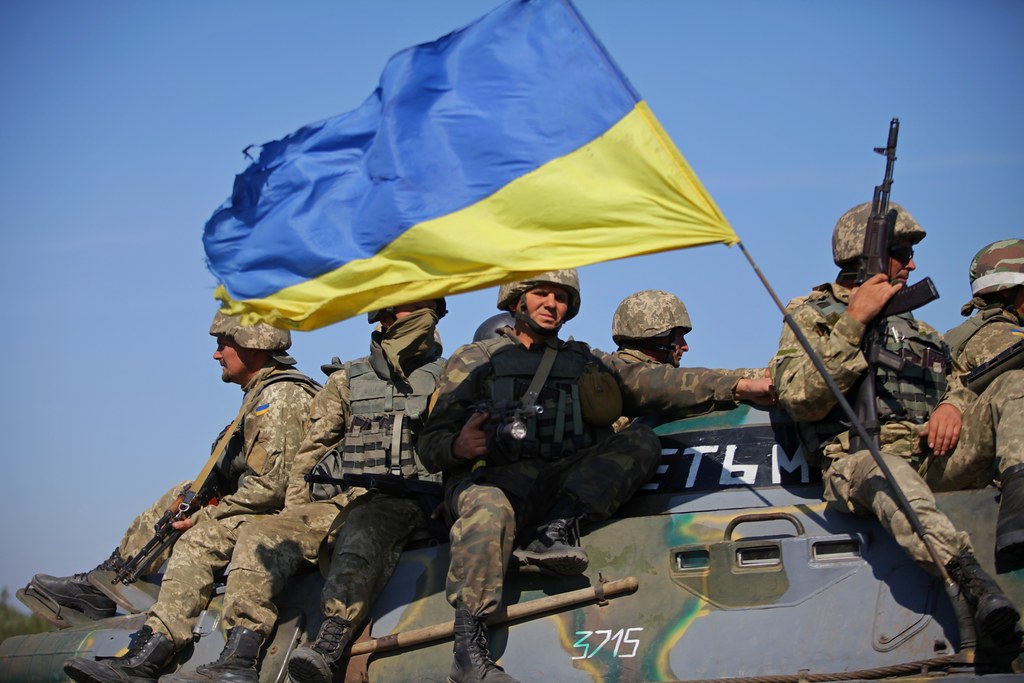Turkey Emerges as Diplomatic Bridge in Ukraine-Russia Peace Push
Turkey is asserting itself as a potential peace broker in the ongoing Ukraine-Russia war, leveraging its unique position as a NATO member with open channels to both sides. Foreign Minister Hakan Fidan says that while a peace deal remains distant, it’s more viable than continued conflict—and Turkey is willing to play a key role in shaping Europe’s future security structure.

As the war in Ukraine drags into its third year with no decisive end in sight, Turkey is quietly carving out a role as a potential broker of peace between Kyiv and Moscow. In a candid interview with Reuters on the sidelines of a NATO foreign ministers meeting in Brussels, Turkish Foreign Minister Hakan Fidan admitted that a peace deal would be “difficult to digest,” but emphasized that even an uneasy agreement would be preferable to the ongoing cycle of bloodshed and destruction.
Since Russia launched its full-scale invasion in 2022, Turkey has maintained a unique position. A NATO member with deep economic ties to Russia, Ankara has walked a careful diplomatic line, supporting Ukraine’s territorial integrity and supplying it with military drones, while also refusing to join Western-led sanctions on the Kremlin. This balancing act has kept Turkey in a rare and valuable spot: one of the few powers trusted enough by both sides to potentially facilitate future talks.
“Turkey supports the U.S. initiative to seek an end to the war,” Fidan said, but he made clear that Ukraine and Russia remain “a little bit far away” from any meaningful agreement. The war, which has claimed thousands of lives and destabilized European security, is now pushing major players to reevaluate how they can contain the conflict—and eventually bring it to a close.
Turkey’s importance in this equation is growing. As the idea of long-term security guarantees for Ukraine comes into sharper focus, Ankara is being named as a key potential guarantor. Fidan acknowledged that Europe alone could not offer sufficient protection. “Europe cannot provide guarantees on its own without U.S. support,” he said, noting that a strong deterrent would be necessary to prevent the fighting from reigniting after a peace deal.
The prospect of ending the war is elevating Turkey’s diplomatic value. Ukraine has indicated it would welcome Turkey as a guarantor in any future peace deal, and Turkish officials have suggested they are open to participating in a peacekeeping role on the ground—though Fidan noted that the details of such an initiative are still vague.
This is not Turkey’s first attempt to position itself as a peacemaker. In 2022, Ankara hosted early rounds of negotiations between Ukraine and Russia, which ultimately stalled. Since then, Turkish President Recep Tayyip Erdoğan’s government has consistently advocated for renewed dialogue, even as it has deepened security cooperation with both NATO and Ukraine.
Turkey’s approach is also being shaped by broader geopolitical shifts, particularly the possibility of former U.S. President Donald Trump returning to office. When asked about Trump’s potential policy changes and their impact on Europe’s security framework, Fidan struck a pragmatic tone. “This could be an opportunity for Europe to become more independent,” he said, pointing to the continent’s longstanding reliance on U.S. defense guarantees since the Cold War.
Fidan also expressed hope that a new Trump administration might revisit U.S. sanctions imposed on Turkey’s defense industry over its 2019 acquisition of Russian S-400 missile systems. Those sanctions have soured relations between Ankara and Washington in recent years, but Fidan suggested that Trump’s “problem-solving techniques” could offer a path toward resolution.
Amid a conflict that shows little sign of resolution, Turkey’s patient, pragmatic diplomacy is drawing attention. While few expect a breakthrough overnight, Ankara’s consistent efforts to stay engaged with both sides may be laying the groundwork for the kind of uncomfortable, imperfect compromise that real peace often requires. In a war where all sides have lost too much, even an uneasy truce could be a turning point—and Turkey, for now, is still in the room.










